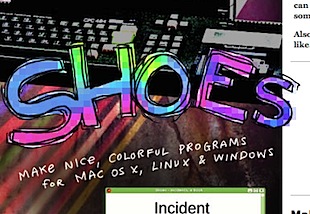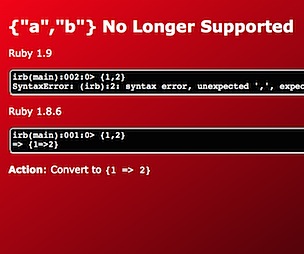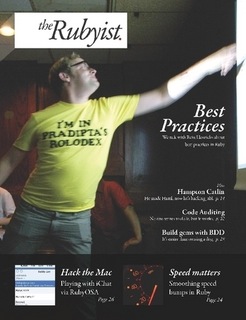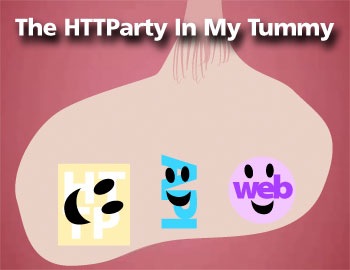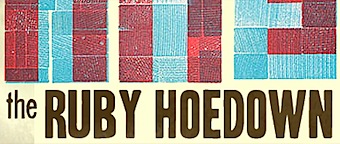It has not gone unnoticed that random announcements of individual events do not work well here on Ruby Inside. With events taking more of a local focus these days, it makes more sense to pool the announcements together. This post, therefore, is a rather uncelebrated launch of a new series of event-related compilation posts. Please make sure to post in comments if you have other events you want to mention or visit our Contact page.
 MerbCamp – October 11 and 12, 2008 – San Diego, CA, USA
MerbCamp – October 11 and 12, 2008 – San Diego, CA, USA
MerbCamp is an upcoming official gathering for the Merb community. Confirmed keynotes are by Ezra Zygmuntowicz and Yehuda Katz. Read More

 We
We 
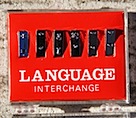
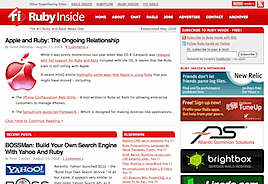
 Recently, Yahoo! launched
Recently, Yahoo! launched 